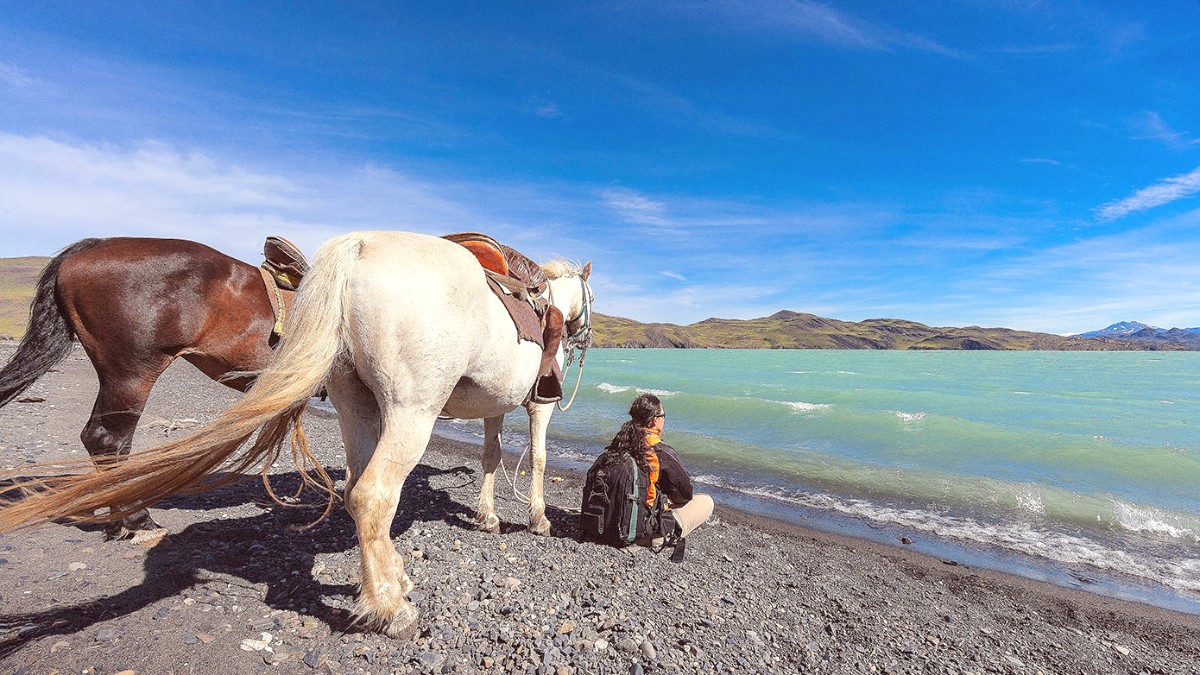
The dramatic coastline means fewer sandy beaches but many stunning rock pools and chasms. The central plateau, covered in dense forest, has walking tracks and a glimpse into the island's interior. The island's raised coral structure means its fresh water comes mainly from rainwater collection, making water conservation important for visitors. Niue’s isolated position means a limited supply chain, making it wise to bring some specific items with you. The island’s natural formations, shaped by millennia of geological processes, are the stars of its tourism offerings. Prepare for adventures that involve climbing, descending into chasms, and navigating rocky coastal areas, often rewarded with clear, calm swimming spots.
Niue’s history spans over a millennium, shaped by Polynesian voyagers and later by European contact. Polynesian settlers from Tonga, Samoa, and the Cook Islands first arrived over 1,000 years ago, establishing the foundations of Niuean culture and society.
European contact began with Captain James Cook in 1774, who named the island "Savage Island." It became a British protectorate in 1900 and New Zealand annexed it in 1901. On October 19, 1974, Niue gained self-governing status in free association with New Zealand. This agreement allows Niue to manage its internal affairs while New Zealand handles its defense and foreign relations upon request. Visitors gain appreciation for the island by understanding its past. Explore historical landing sites and engage with local people to hear their stories. The Niuean people’s strong connection to their land and heritage is evident in their customs and daily life. Respect for their history enriches your visit.
Official Name: Niue (Niuean: Niuē-fekai-ki-he-Langi)
Niue’s full name, "Niuē-fekai-ki-he-Langi," translates roughly to "Niue, the foe that devours the heavens." This reflects the resilience and strength of its people. You will often hear locals refer to it simply as Niue.
Capital: Alofi (de facto administrative center, not a traditional capital city)
Alofi serves as the main hub for services, including the airport, supermarket, bank, and government offices. It is not a bustling city but a quiet center where you can find most of what you need.
Government: Self-governing parliamentary democracy in free association with New Zealand.
Head of State: King Charles III (represented by the New Zealand High Commissioner to Niue).
Head of Government: Premier of Niue (currently Dalton Tagelagi).
Population (2023 estimate): Approximately 1,933 (fluctuates due to migration). Niue has one of the smallest national populations in the world. You will often feel like you have the island to yourself.
Official Languages: Niuean and English. English is widely spoken, especially in tourist areas and businesses, so communication is generally easy for English-speaking travelers.
New Zealand Dollar (NZD). Credit cards are accepted at larger establishments, but carry cash for smaller vendors and some tour operators. ATM access is limited.
Niue Standard Time (NST), UTC-11. Niue is one of the last places in the world to see the sunset each day. Plan your international calls with this time difference in mind.
230V, 50Hz. Type I plug (same as Australia and New Zealand). Bring a travel adapter if your devices use different plug types or voltage. Check your electronics for voltage compatibility.
.nu. The .nu domain is unique to Niue.
+683. Use this code for international calls to Niue. A local SIM card is useful for mobile phone use on the island.
This snapshot gives you a foundational understanding of Niue, helping you prepare for its distinct local environment. The small population means services operate differently than in larger countries. The dual language means you can converse easily. The currency is familiar to many international travelers.
Niue is committed to marine conservation. Its vast EEZ highlights efforts to protect its rich biodiversity. Deep waters around Niue offer remarkable visibility for divers and attract large marine life. The island's position provides deep ocean access close to shore, making it a prime location for deep-sea fishing and whale encounters. Observe marine life from a distance and respect conservation efforts.
Niuean culture and society have Polynesian roots, shaped by settlers from Tonga, Samoa, and the Cook Islands. Their traditions, language, and communal values define Niue today. Visitors can gain a appreciation by understanding its past, exploring historical sites, and engaging with locals. The strong connection to their land and heritage is evident in customs and daily life.
This guide offers insights into Niue’s unique context, preparing you for a journey to this self-governing Pacific island.
These details help you understand the island's governance, language, currency, and other practical aspects before you arrive. Use this information to prepare for local customs and services. Niue offers a retreat for adventurers and peace-seekers alike.
Plan your trip with this quick guide to Niue’s facts. These details help you understand the island's governance, language, currency, and other practical aspects before you arrive. Use this information to prepare for local customs and services.
May to October: Cooler temperatures, lower humidity, less rainfall, and calm, clear ocean conditions. Best for outdoor activities and clear visibility.
New Zealand Dollar (NZD). Credit cards at larger places, but cash is often preferred at smaller shops and for local tours. ATM access is limited.
230V, 50Hz, Type I plug (Australia/NZ standard). Bring a travel adapter if your devices have different plug types or voltage requirements.
Niue welcomes visitors from many nations without prior visa arrangements. Citizens of New Zealand, Australia, EU member states, USA, Canada, UK, and others typically receive a visitor permit upon arrival, valid for up to 30 days.